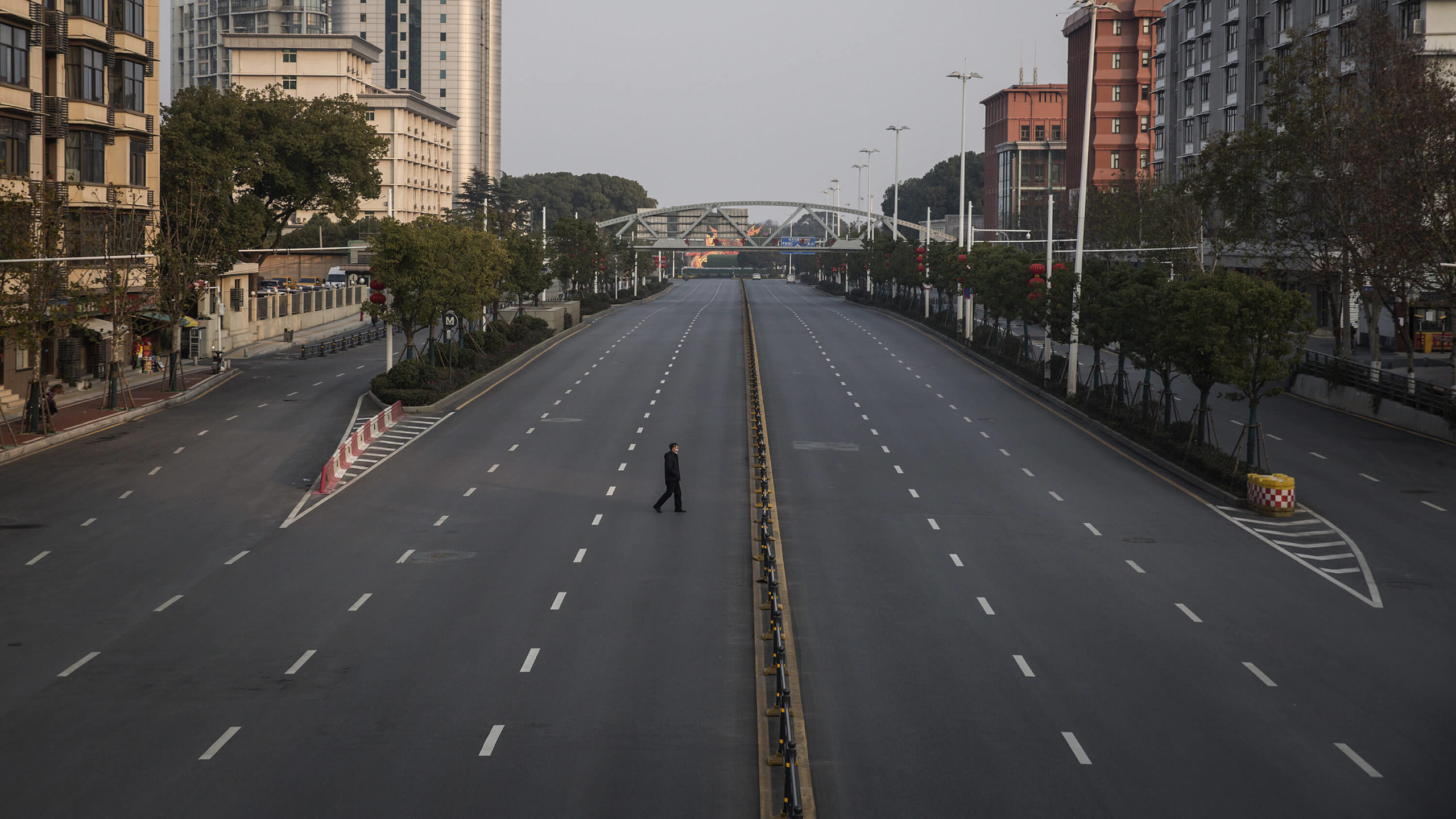
One month after 2019-nCoV coronavirus was first reported from Wuhan, China the world seems to be bracing itself for what could be the next great pandemic.
There are plenty of misconceptions about coronavirus, including how quickly it spreads, and how lethal it is. Whether this coronavirus turns out to be a one-time killer like the Spanish Flu, or something more similar to the seasonal flu that kills hundreds of thousands every year, the rise of coronavirus has put a lot of attention on biotech’s ability to respond to deadly new diseases.
Nowhere else is that response happening like it is within the synthetic biology community and one of Vancouver’s own is in the thick of it.
AbCellera has confirmed that it is mobilizing its pandemic response platform against the ongoing outbreak of the coronavirus and working to identify antibodies that can neutralize the virus and potentially block its transmission.
Since 2018, under the DARPA Pandemic Prevention Platform (P3) program, AbCellera has been leading a team of partners to establish a robust technology platform for pandemic response capable of developing field-ready medical countermeasures within 60 days of isolation of an unknown viral pathogen.
AbCellera’s rapid, high-throughput therapeutic antibody discovery technology will be used to discover coronavirus-neutralizing antibodies that could ultimately be deployed to stop transmission of the 2019-nCoV outbreak.
>> Meet AbCellera at Tech Talent Vancouver <<
AbCellera’s platform has already been pressure-tested twice in simulated responses to pandemic outbreaks.
In late 2018, AbCellera tested the platform against Middle Eastern Respiratory Syndrome Coronavirus (MERS-CoV), demonstrating that the platform could effectively isolate hundreds of coronavirus-neutralizing antibodies from camelids in less than 96 hours.
In early 2019, AbCellera and its partners successfully demonstrated in a pandemic response simulation that, in just 55 days, they could go from discovering influenza-neutralizing antibodies from volunteer human patient samples to administering nucleic-acid encoded antibody therapeutics that were 100% protective against a lethal dose of influenza virus in rodents.

